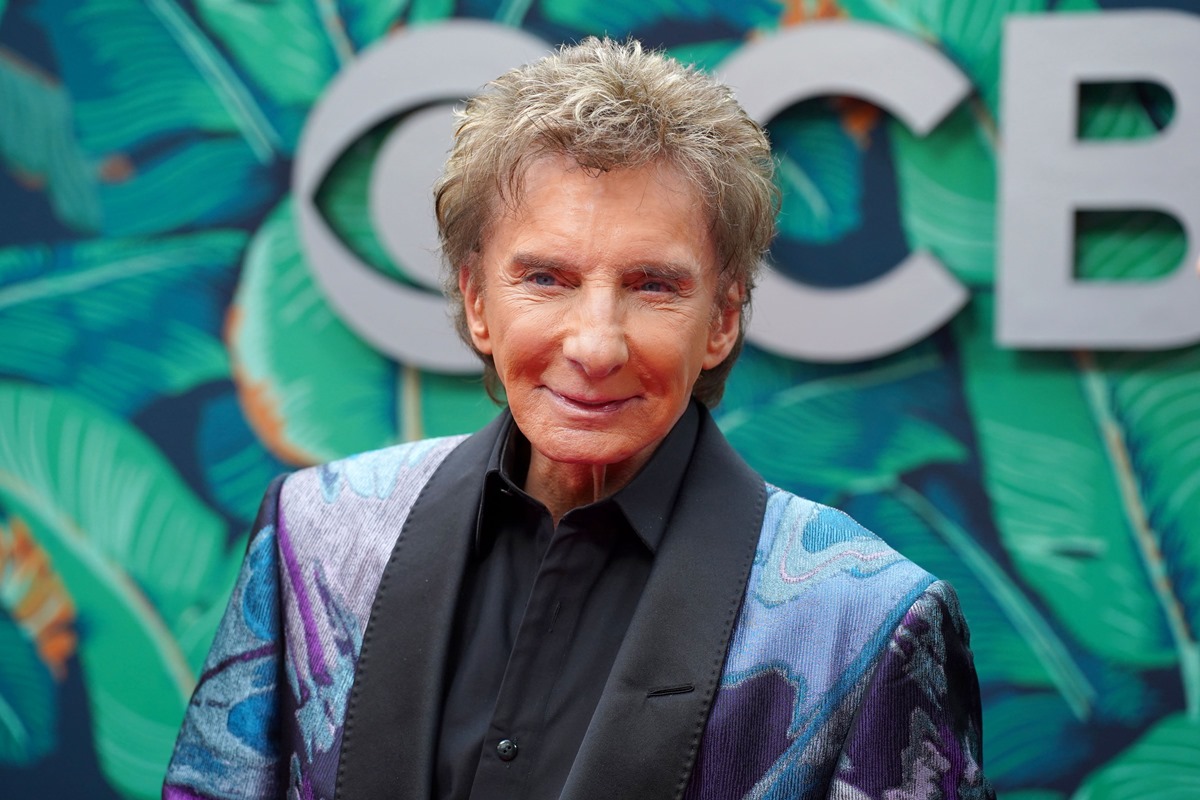Ed Westwick spotted in Mumbai, excited for India-Pakistan cricket showdown
Beyond cricket, there’s more excitement in Westwick’s personal life. The actor and his wife, actress Amy Jackson, are expecting their first child together.
Barry Manilow reflects on his delayed public acknowledgment of his sexuality, citing the ’70s societal climate and personal reservations. The iconic singer discusses love, career concerns, and the positive fan response after coming out in 2017.

Barry Manilow recently shared insights into his decision to publicly acknowledge his sexuality, revealing that, to him, it was a rather unremarkable event. The iconic crooner, now 79, discussed this matter during an episode of HBO’s “Who’s Talking to Chris Wallace” that aired on Friday.
Chris Wallace delved into Manilow’s personal history, inquiring if the singer’s sexual orientation played a role in the dissolution of his first marriage to his high school sweetheart. While Manilow expressed genuine love for his former spouse, he acknowledged that his realization about his own sexuality was undeniable.
Advertisement
The conversation shifted to Manilow’s long-term relationship with his manager, Garry Kief, whom he married in a private ceremony in 2014. Wallace raised the question of why Manilow chose to go public about his sexuality in 2017, despite the enduring nature of his relationship with Kief.
Advertisement
Manilow explained that it never occurred to him that his private life would become a public matter. He emphasized that the revelation became significant only when they decided to marry. Responding to whether he was concerned about his fans’ reactions, Manilow admitted that sharing personal details was uncomfortable for him, especially during the ’70s when being gay could have had severe consequences for a career. He recalled how music industry figure Clive Davis cautioned him against it during that era.
The singer emphasized the different societal attitudes, noting that today, the society accepts being gay, but in the ’70s, it could have been career-ending. Manilow admitted that he simply didn’t want to discuss his personal life and found it somewhat unsettling. This aversion persisted even as cultural norms evolved.
Publicly coming out in 2017, Barry Manilow was pleasantly surprised by the supportive response from his fans, describing it as a “beautiful experience.” He acknowledged that he underestimated the care his fans and the public had for his happiness, stating that the positive reception reaffirmed his connection with his audience.
Advertisement